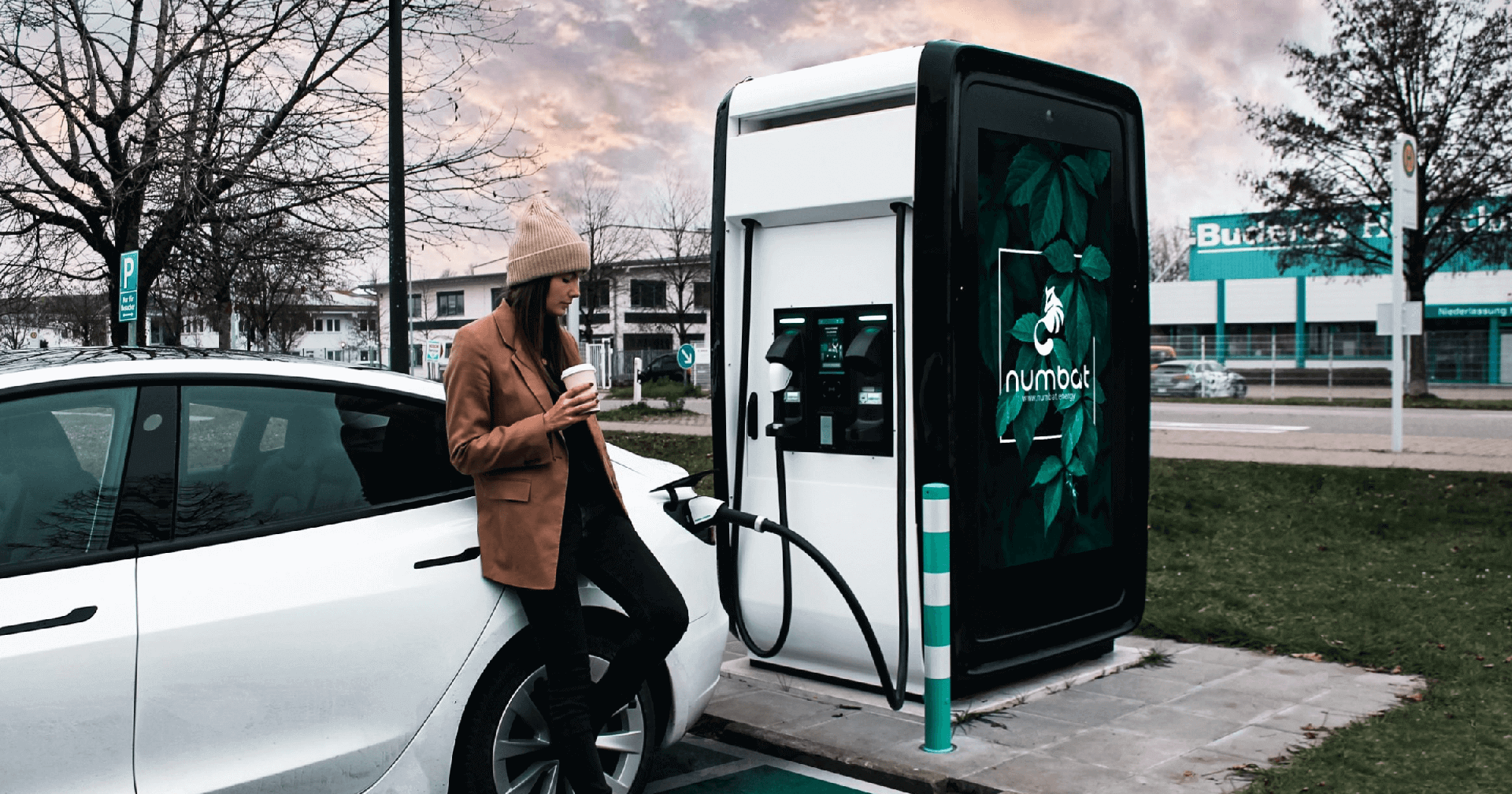The electric vehicle (EV) market crisis has claimed another victim: Numbat, a promising German startup providing charging stations, has filed for bankruptcy despite securing €140 million in recent funding. Concerns now arise over potential shortages in EV charging infrastructure.

The electric vehicle market is in deep crisis, and now it has taken down Numbat, a startup that was recently considered one of Germany’s most promising new companies. Despite securing €140 million in funding last autumn from the investment fund Patrizia and a consortium of German banks, the company filed for bankruptcy in August 2024. The question now is what will happen to the charging infrastructure that Numbat was expected to provide.
According to Numbat’s co-founder and CEO, Martin Schall, the company made extensive efforts to get back on track, but market conditions and technical challenges made it impossible to achieve this within the available time frame. As a result, Numbat is now undergoing an insolvency process to reorganize and restructure. Despite having numerous partnerships, customers, and investors, the company found itself in financial difficulty, and continuing in its planned form was no longer feasible.
Just a few months ago, the outlook was much brighter for Numbat. The company announced that with the funds from Patrizia and additional capital, investments exceeding €1 billion were possible. Numbat had contracts with national companies such as Norma, Euronics, and Hagebaumarkt, which would have allowed them to install and operate thousands of fast-charging points.

Experienced founders face unexpected collapse
The unexpected bankruptcy has shocked many, especially considering the experienced backgrounds of Numbat’s founders. Maximilian Wegener, a mechanical engineer with a PhD in resource efficiency from the Fraunhofer Institute, specialized in solar and battery technologies for EVs. Martin Schall, an economist and former executive assistant at Manz, had extensive experience in corporate strategy and management. They emphasized that fast-charging stations for EVs remain a market with potential. Additionally, their integrated digital advertising screens were well-received, but the company struggled with low utilization of the charging infrastructure and unresolved technical challenges.
Numbat’s offering was attractive to EV owners: it promised to charge vehicles in just a few minutes while customers shopped, thanks to a combination of fast-charging stations and battery storage. The technology enabled ultra-fast charging, independent of the power grid, with battery storage units connected to standard electrical outlets. This setup allowed for up to nine electric vehicles to be charged consecutively, a significant advantage in a market where 55% of Germans lack the ability to charge their EVs at home.
Future of Numbat uncertain amid slow market growth
Numbat’s financial difficulties stemmed from the slower-than-expected growth of the EV market and the demand for public charging stations. Additionally, delays in obtaining building permits and other approvals hampered their planned rollout.
For now, Numbat’s customers can rest easy: the company assured that the charging of EVs and the operation of advertising screens would continue without interruption. Together with the provisional insolvency administrator, Dr. Robert Saam, Numbat will reassess its strategic options and opportunities. By the end of 2024, approximately 400 new charging systems were expected to be installed at 200 Tegut locations. Projects with the supermarket chain Norma, Hagebaumarkt, and Sana clinics were also in the pipeline, aiming to create 4,000 new charging points. However, it remains unclear whether these plans will proceed as initially envisioned.









